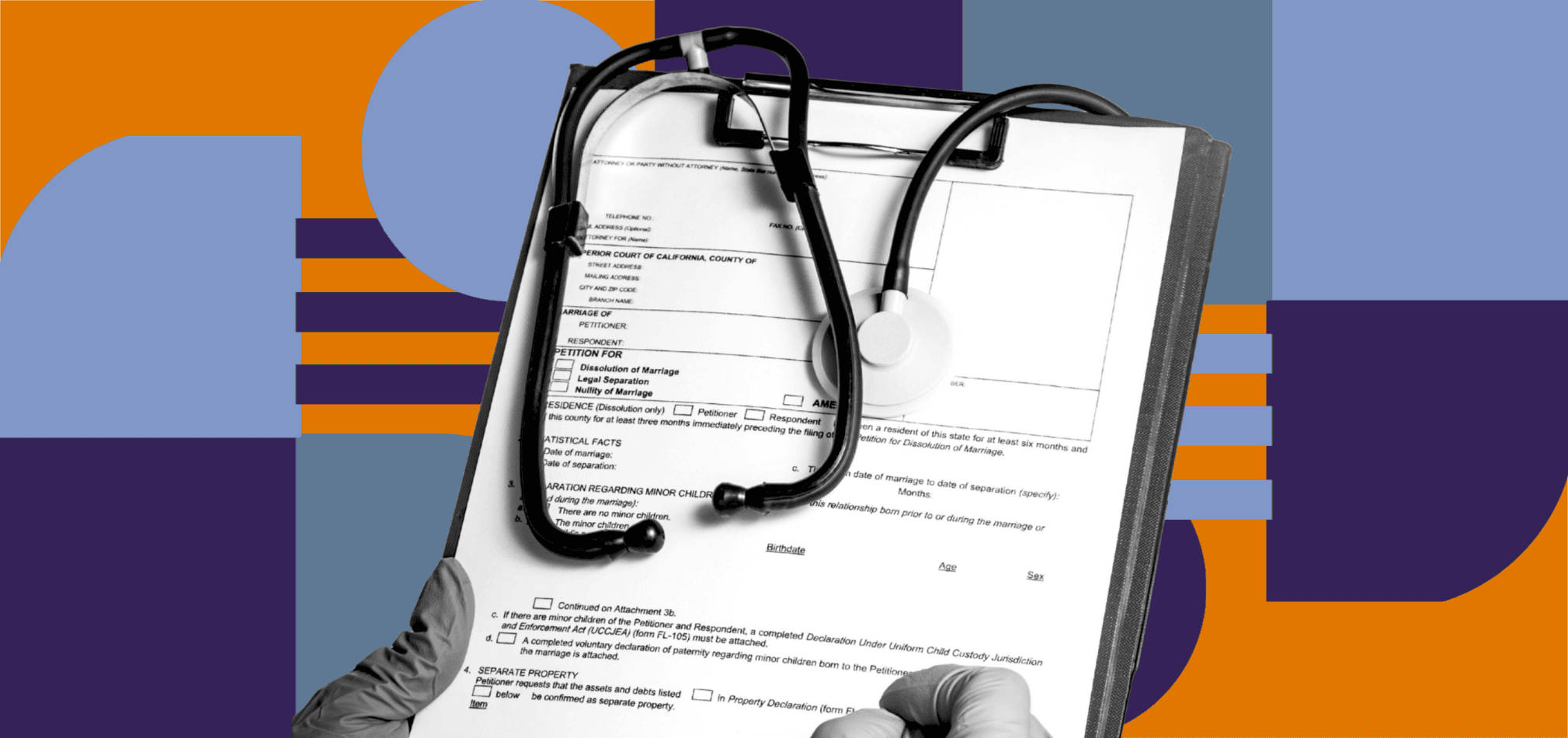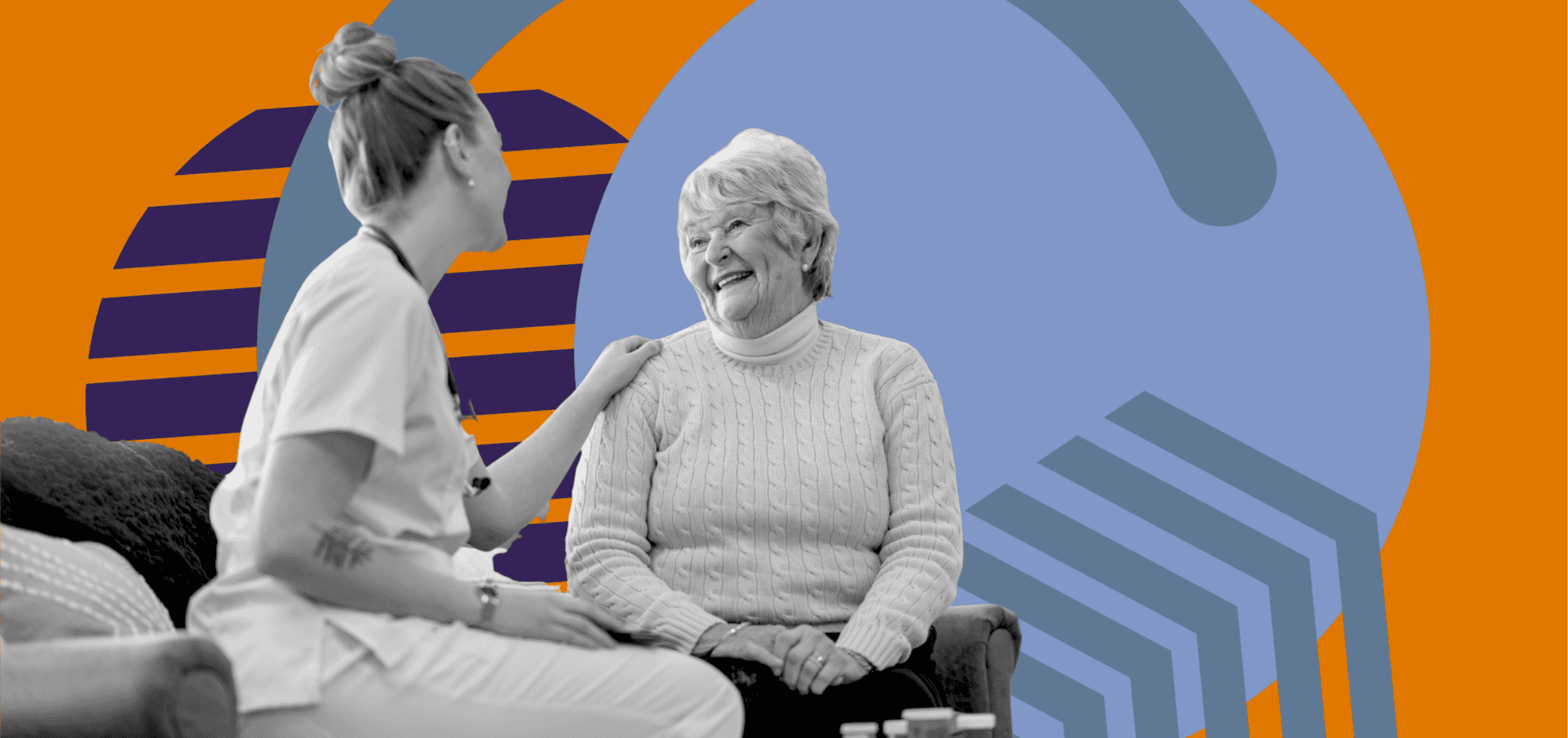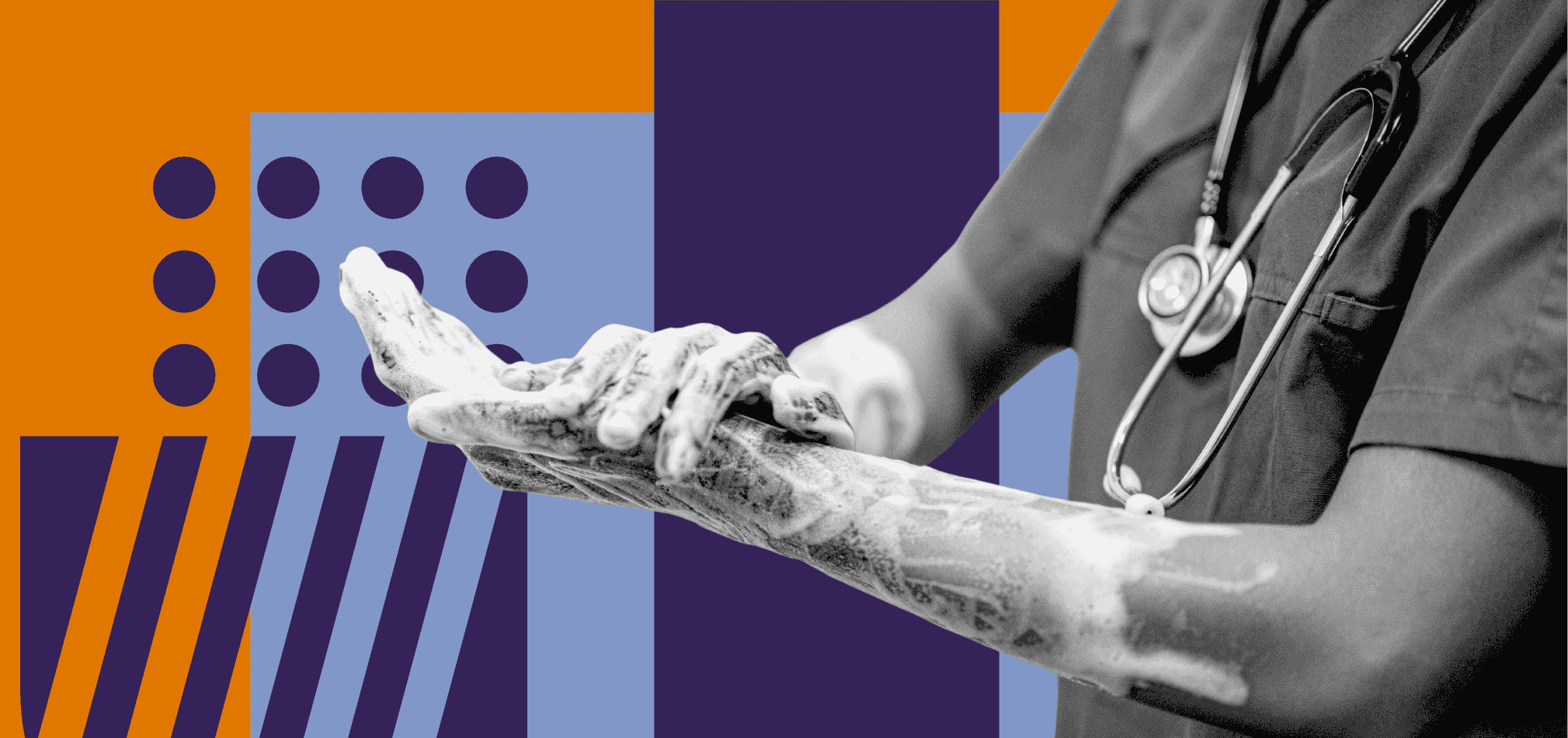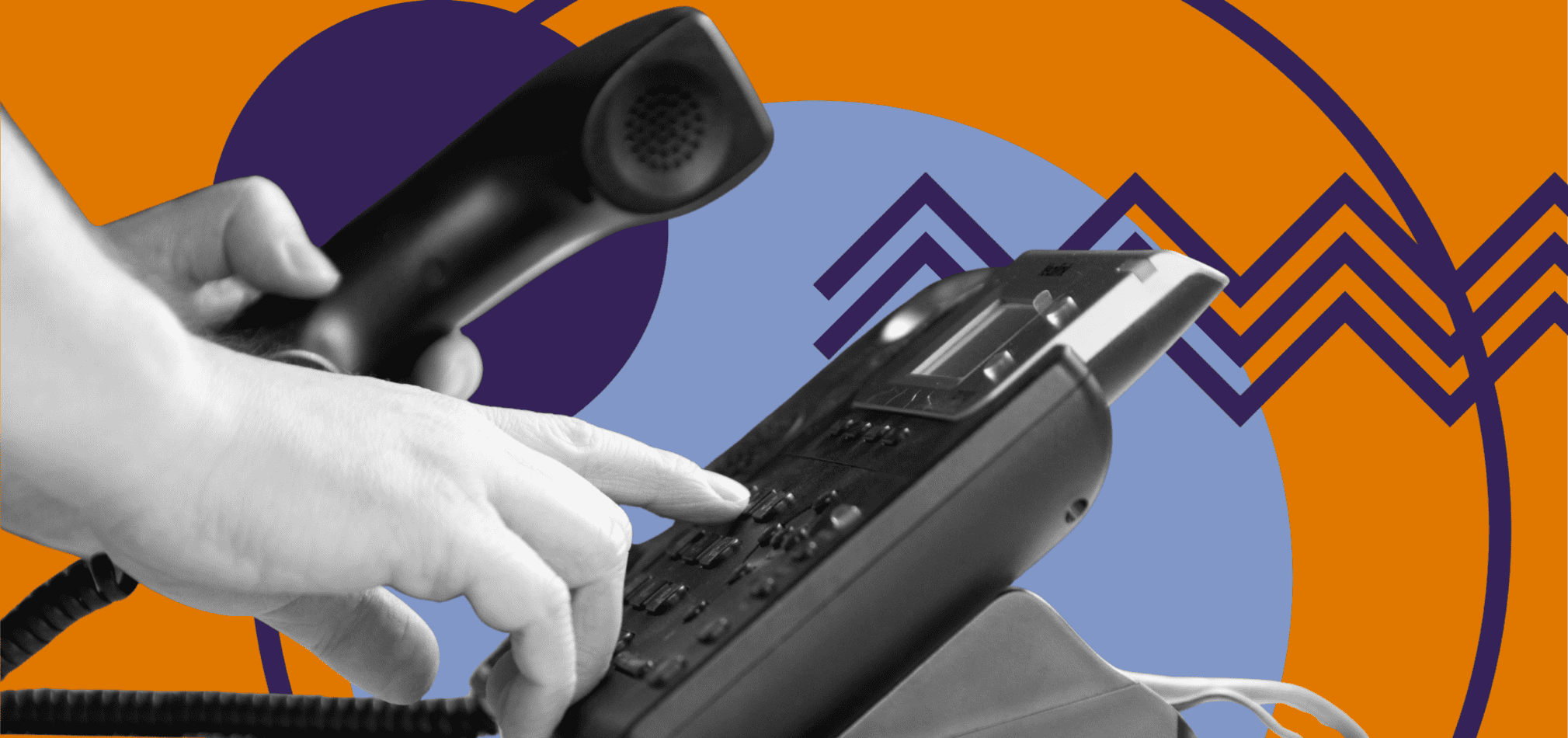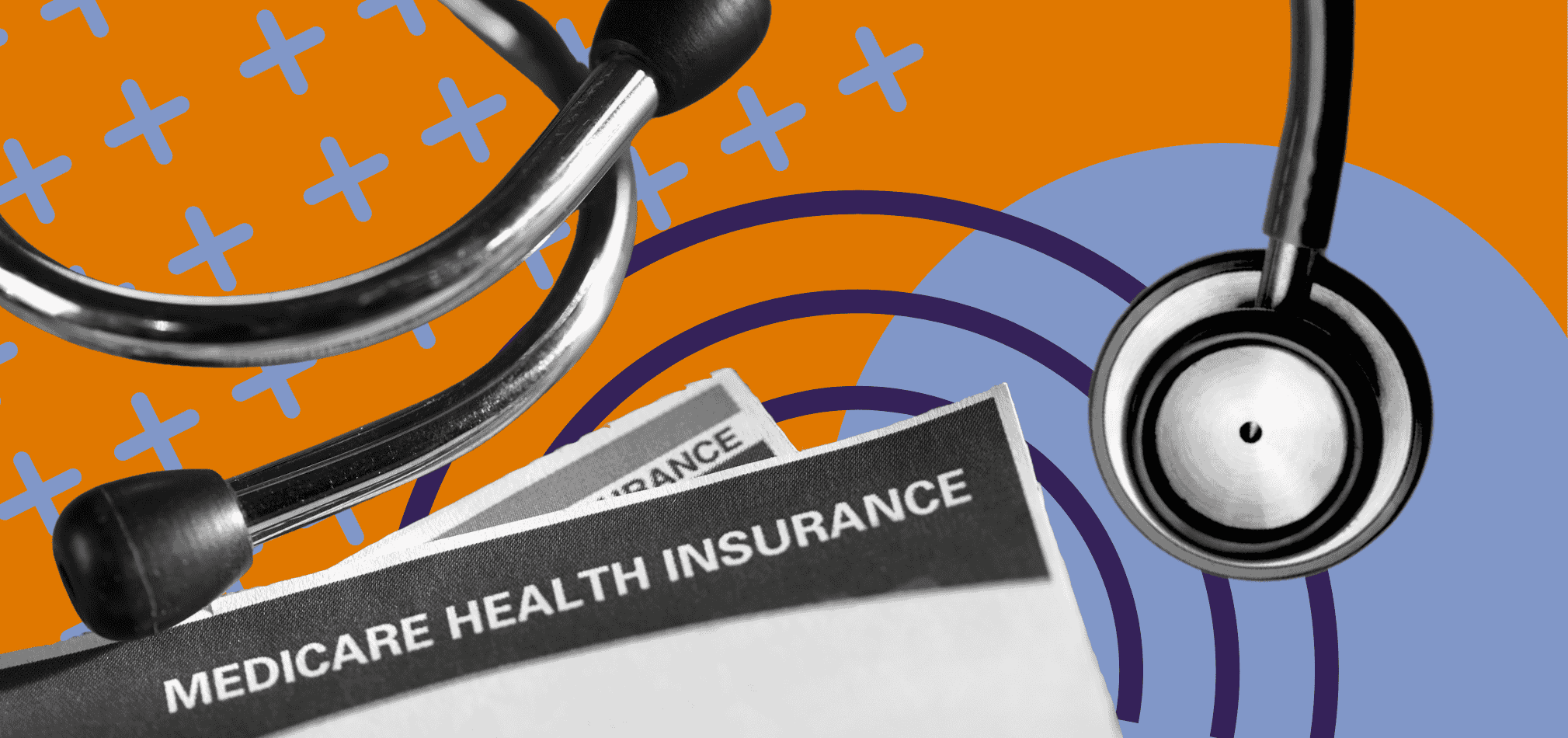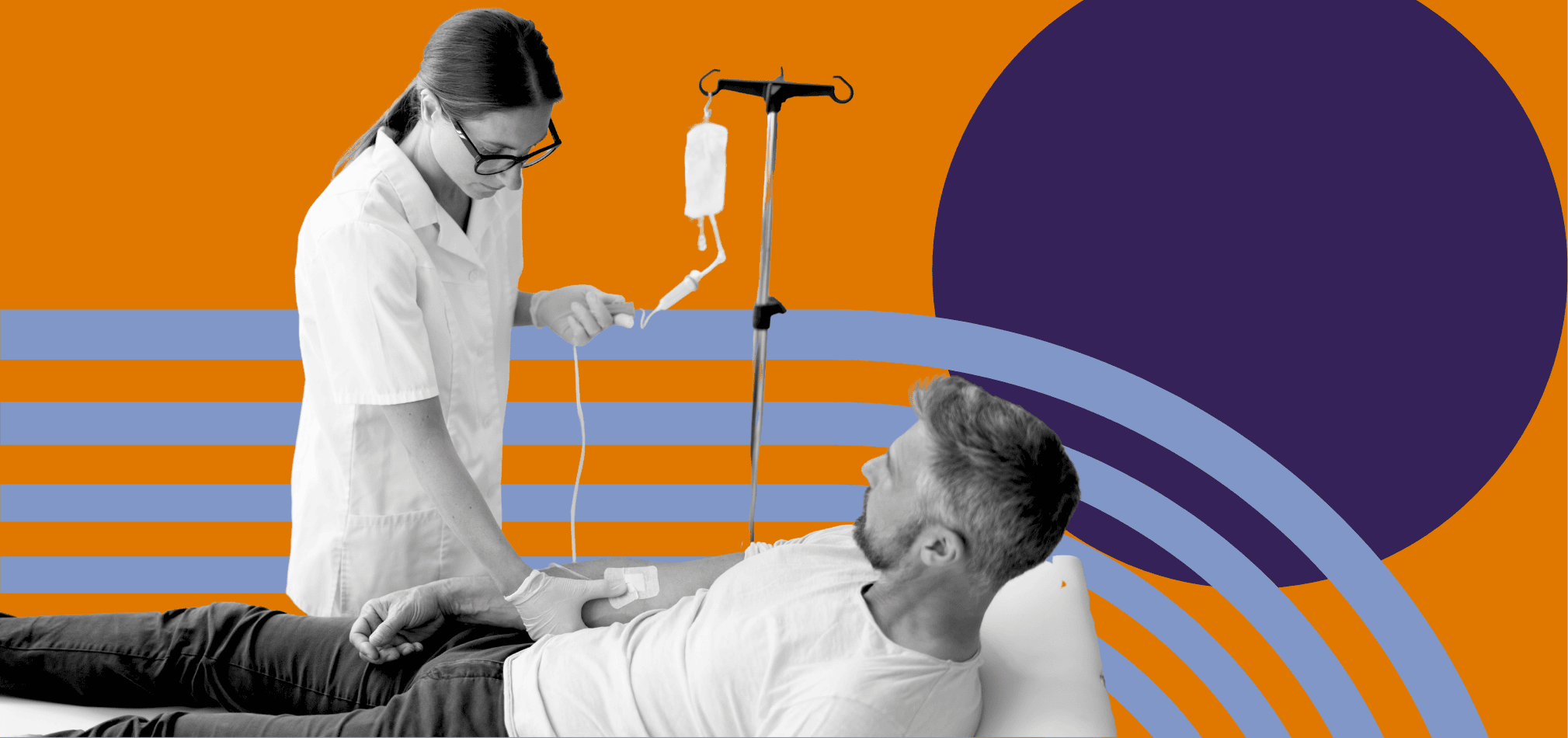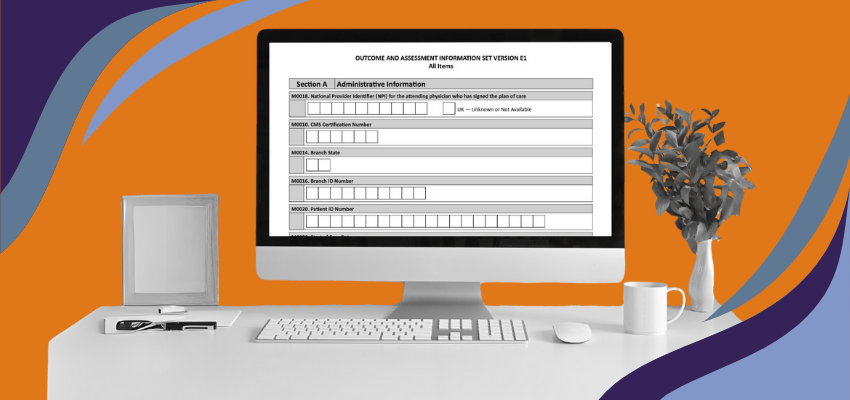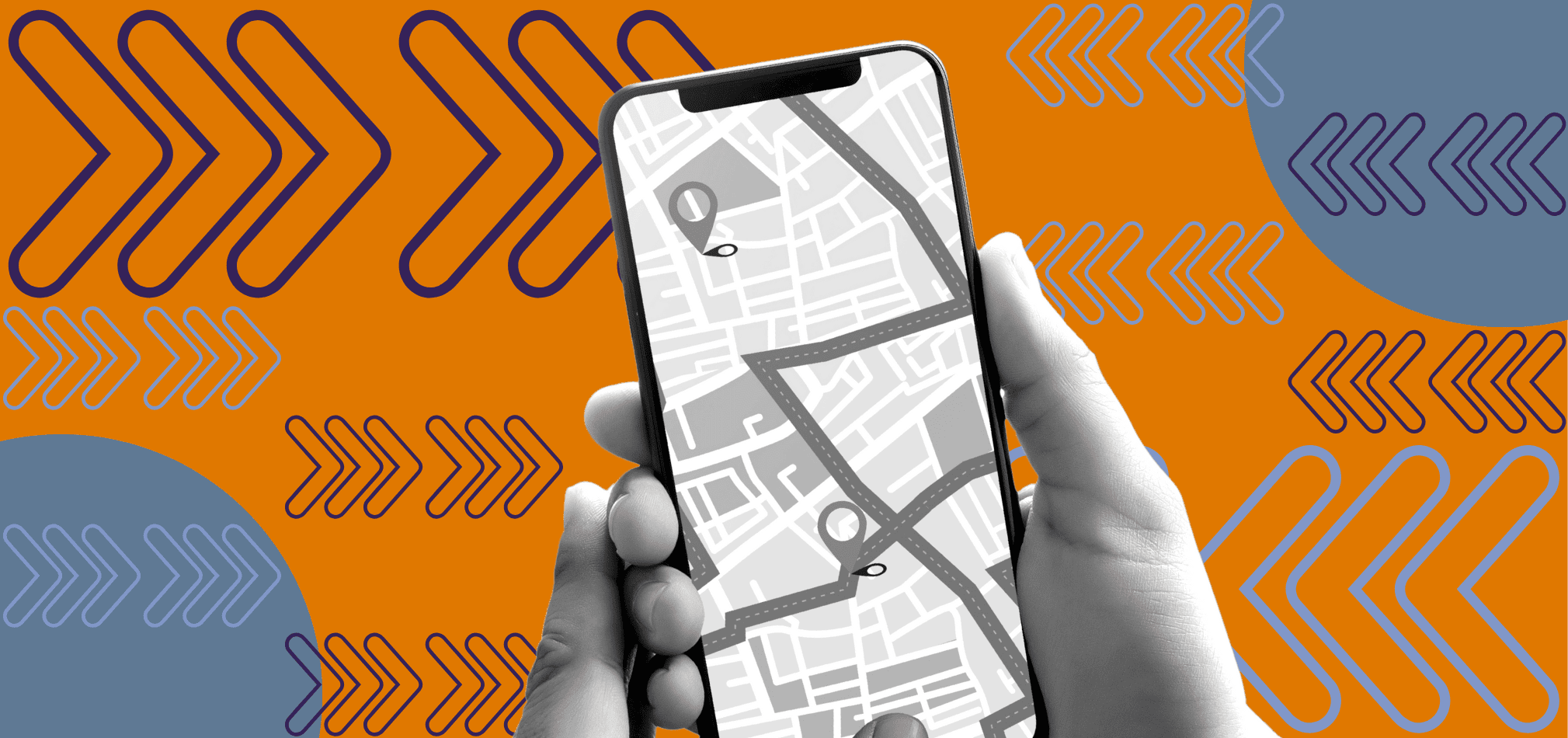Compliance Logs Every Home Health & Hospice Agency Should Track
June 9th, 2025
4 min read
By Abigail Karl

You don’t track compliance logs for fun, you do it because you have to. Whether it’s for survey, accreditation, or your renewal, documentation is non-negotiable. But beyond the requirement, these logs serve a bigger purpose: they help you catch problems early.
When something goes wrong (an unexpected hospitalization, a medication mix-up, a staff injury), you need a clear, consistent way to document it. Not just to stay compliant, but to see patterns, respond faster, and prevent issues from repeating.
At The Home Health Consultant, we help Medicare-certified agencies implement a simple, effective framework that keeps them prepared and proactive in operations. No over-complication.
Table of Contents:
-
What Are Compliance Logs in Home Health and Hospice?
Understand the purpose, regulatory requirements, and frequency of log updates. -
Why Tracking Falls in Home Health & Hospice Is Essential
What data to collect and how fall logs support home safety and care planning. -
Infection Control Logs Required for Medicare Compliance
Key infection data to track for both patients and staff—and why it matters. -
How to Keep Medication Error Logs in Home Health & Hospice
What to document, how to identify trends, and reduce medication risks. -
How to Track Patient and Staff Incidents in Home Health & Hospice
Examples of incidents and how this log strengthens policies and liability protection. -
Grievance Logs: How to Document Patient and Staff Complaints
What surveyors want to see in a grievance log and how to use it effectively. -
Hospitalization Tracking Logs for Home Health and Hospice Agencies
What to track, how to analyze, and why hospitalizations impact your compliance score. -
Sentinel Event and Death Logs Required for Compliance Monitoring
When and how to log serious incidents—including deaths and sentinel events. -
How to Use Compliance Logs to Pass Home Health & Hospice Surveys
Practical tips on using logs for QAPI, audits, and survey preparedness.
You’ll get a clear breakdown of the compliance logs your home health or hospice agency needs to track, and how to use them to stay compliant and solve problems before they cost you.
What Are Compliance Logs in Home Health and Hospice?
Compliance logs are ongoing records of specific data points. These logs give you insight into trends, risks, and system breakdowns before surveyors catch them.
You’re required to track many of these under the Conditions of Participation (CoPs) and accreditor standards. Logs should be updated monthly, but more often for high-volume agencies or those under corrective action.
Why Tracking Falls in Home Health & Hospice Is Essential
Every agency should track patient falls. Falls are some of the most common injuries that can occur in home health and hospice care. When you’re recording data about falls in your agency, be sure to include:
- Number of falls per month
- Location (inside/outside home)
- Whether the patient was alone
- The cause of the fall (a wire, rug, etc.)
- Any injuries or hospitalizations as a result of the fall
This log shows how well your team is managing home safety and care planning.
Infection Control Logs Required for Medicare Compliance
An infection log helps track clinical quality and patient outcomes. When tracking data about patient or staff infections, make sure you capture:
- Types of infection (UTI, pneumonia, COVID, etc.)
- How they were identified (e.g., antibiotic prescriptions)
- Frequency and trends over time
- If the infection was contracted before or during the patient’s start of care
Even one infection missed in documentation can raise red flags. To learn more about what to include in your agency’s overarching infection control program, check out our article below.
How to Keep Medication Error Logs in Home Health & Hospice: A Life-Saving Practice

Medication errors are more common than you may think. Documenting and tracking them can reveal systemic issues that pose a threat to patient safety. That’s why CMS and all accreditors make it a priority. However, we’ve typically seen medication processes looked at a bit more closely by the Joint Commission compared to ACHC and CHAP.
When recording any medication mishaps, be sure to include:
- Documentation errors (wrong name, dose, or drug)
- Administration errors
- Drug interaction oversights
- Pharmacy fill mistakes
Track the error, source, and how it was corrected. Use this info to train staff and refine medication review protocols.
How to Track Patient and Staff Incidents in Home Health & Hospice
Track both patient and staff incidents—anything unexpected that isn’t a med error, fall or infection. Examples include:
- A clinician breaking a patient’s item during a visit
- A staff member bitten by a dog
- Accidental exposures or injuries on-site
- Verbal confrontations between patient/caregivers and staff
These incidents help you strengthen policies and reduce liability.
Grievance Logs: How to Document Patient and Staff Complaints
Every complaint matters—even if it seems small. Whenever you hear a complaint from a patient or a staff member, always record:
- Who made the complaint
- The nature of the grievance
- Any patterns (e.g., multiple patients upset with one nurse)
- Resolutions and follow-up
This log gives surveyors evidence of your compliance processes in action.
Hospitalization Tracking Logs for Home Health and Hospice Agencies

Both home health and hospice agencies need to track every hospitalization and readmission:
- When it occurred
- Why it happened
- Whether it could have been prevented
- Link to specific staff or clinical issues
Hospitalizations are a key Medicare metric. They’re one of the main indicators Medicare reviews to check how compliant your agency is. Reducing them should be a QAPI goal.
In the most serious cases, hospitalizations can escalate to sentinel events.
Pro Tip: Tracking hospitalizations, and reducing them, can be a terrific hospital marketing strategy, as hospitals are penalized for readmissions.
Sentinel Event and Death Logs Required for Compliance Monitoring
Sentinel events are unexpected outcomes resulting in death or major harm. If this event occurs in home health:
- All patient deaths must be reviewed
- Log unexpected or unnatural causes (e.g., treatment error)
For hospice:
- Track deaths only when they occur outside the expected disease process
Use this log to conduct root cause analyses and prevent future harm.
How to Use Compliance Logs to Pass Home Health & Hospice Surveys
These logs aren’t just for passing surveys, they’re tools for leadership looking to tighten up processes. Review these monthly. Look for patterns. Include the data in your QAPI meetings. When surveyors ask, you’ll have proof that your agency doesn’t just react, it prevents.
If you’re not tracking these logs, you’re risking deficiencies, and missing key insights into your operations. These aren't optional. Most are required under Medicare CoPs or accreditor standards. With the right logs, you prevent issues, improve care, and stay ready for survey.
Need help building a complete compliance system that tracks all the right data? We help Medicare-certified agencies build real-time logs and systems that actually work. Contact us today to get started.
*This article was written in consultation with Mariam Treystman.
*Disclaimer: The content provided in this article is not intended to be, nor should it be construed as, legal, financial, or professional advice. No consultant-client relationship is established by engaging with this content. You should seek the advice of a qualified attorney, financial advisor, or other professional regarding any legal or business matters. The consultant assumes no liability for any actions taken based on the information provided.






